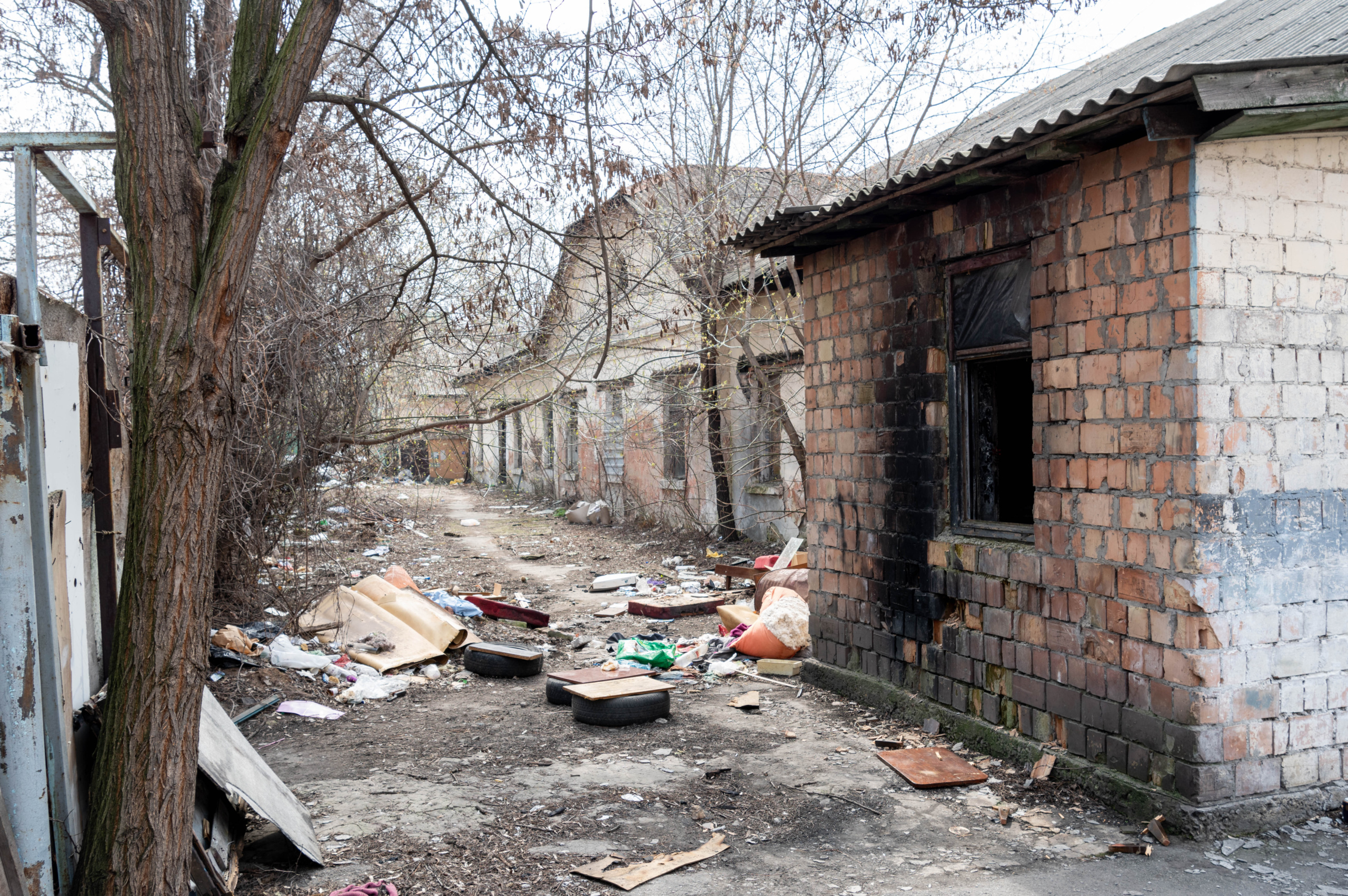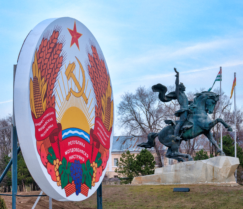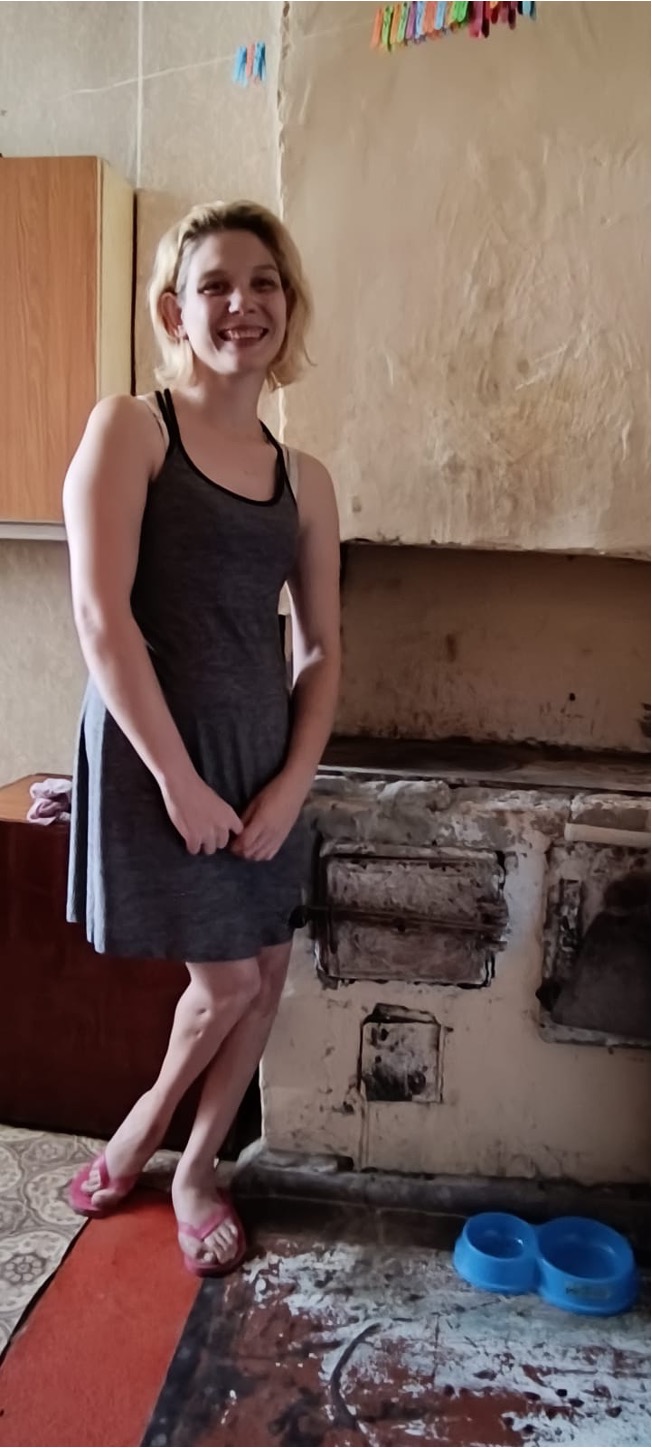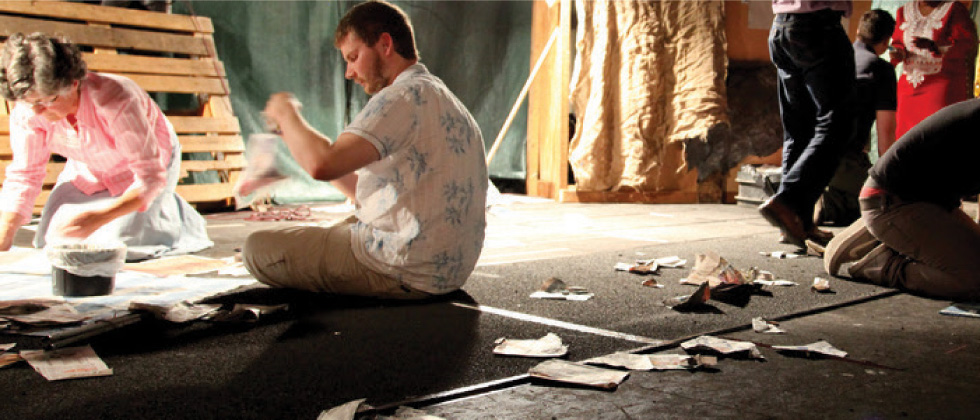
Looking at a world in so much need, today, we may think things can’t get any worse. Not so, though. There are yet parts of the world in deep pain which almost never show up in the press. The result is that little, if any, help goes their way. Transnistria is one. It has been described as, the poorest part of the poorest country of Europe. For those who remember the early ‘90s, when many countries left the former USSR, this part of Moldova was reluctant. It declared itself its own country: a post-Soviet ‘frozen conflict zone’. It has its own constitution, currency, passports.

It also has Soviet styled branding and statues. It is recognised by very few other countries, though.
Amid this swirl of political, historical and economic forces, what life is like for Transnistria’s children? Because the economy is so weak, parents often leave for other countries or seek refuge in alcohol or drugs. The children left behind may end up on the streets, in institutions or in foster care. All are easy prey for exploitation and other abuse. Corruption is rife here, and human trafficking and arms trafficking thrive. People from outside are discouraged even from visiting because it is not considered safe. For twenty years, our partner there has dedicated his life to caring for young people. His organisation provides not just material support but a lifeline of hope. He offers housing, foster care, training, jobs and counselling, empowering young people to build stable homes.
Recently, some of our team went to visit them, and were encouraged to see, firsthand, the huge impact of their work. We have often shipped to this region, but there is a long way to go. All help is welcomed!




